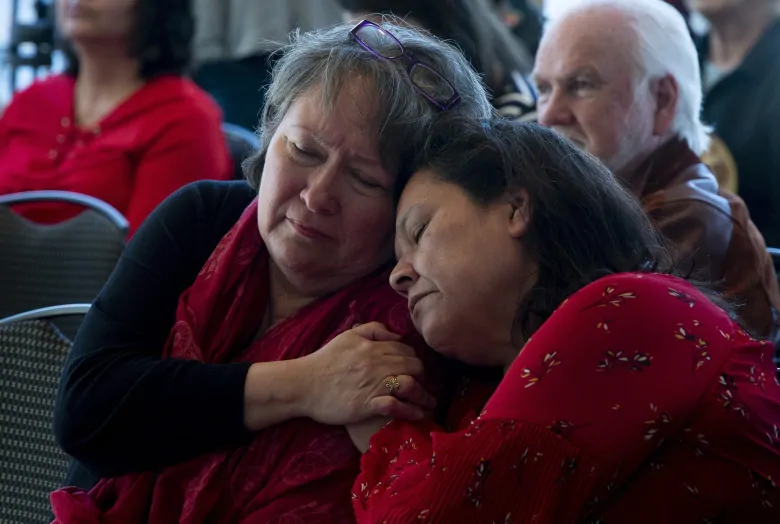Federal Court dismisses challenge to Indian day school settlement

The Federal Court of Appeal has dismissed a court challenge to a nationwide class settlement to compensate thousands of First Nations, Métis and Inuit for harms suffered while attending federally-operated Indian day schools.
Paul-Émile Ottawa, chief of Conseil des Atikamekw de Manawan, Que., felt the agreement reduced access to justice for students who suffered serious physical or sexual abuses. He filed a court challenge in October.
Justice Marianne Rivoalen dismissed the motion in a written decision on Dec. 11.
“I conclude that Chief Ottawa’s motion should be dismissed, because the evidence is insufficient to show that Chief Ottawa can fairly and adequately represent the class on appeal,” she said in her decision.
“Also, I am not satisfied that the appeal is itself in the best interests of the class.”
The settlement, which includes more than 120,000 former Indian day school students, was approved by the Federal Court on Aug. 19. The claims process was set to begin 120 days from the approval — on Dec. 17 — subject to any appeals.
Ottawa’s court challenge was expected to delay the processing of claims.
Gowling WLG, the law firm handling the settlement, said the claims process remains in limbo for at least the next two months.
Ottawa has 60 days to ask the Supreme Court of Canada to review the Federal Court’s decision.
“While this decision represents a major step forward, it does not clear the path for survivors to begin submitting claims,” Gowling said in a statement to CBC News.
“Until Chief Ottawa’s appeals are put to rest for good, class members will not be able to begin submitting claims for compensation.
“We hear the frustration and concern this is causing survivors. We have spoken to hundreds of class members who have expressed their dismay over this situation. We are fully committed to doing everything in our power to move things forward as quickly as possible.”
‘Questions unanswered’ says lawyer
Ottawa’s lawyer David Schulze said the Federal Court judgment “leaves a lot of questions unanswered from a legal point of view.”
Schulze said there’s still no evidence the process established in the settlement agreement will work for victims of childhood sexual abuse and physical trauma.
“What’s striking is that we put it to the courts that Canada and Gowling had no evidence that this would work well for victims of childhood trauma, all the evidence showed that it would not work well and they didn’t disagree with that,” he said.
“This is not the beginning of compensation for people who were sexually abused. It’s the end.”
Last week, plaintiff Margaret Swan pushed for the Assembly of First Nations to pass a resolution requesting Ottawa drop the court challenge due to the number of day school survivors who are ill, elderly, or who have died while waiting for the settlement.
“This year has been frustrating and I hope that it moves forward,” she said about the Federal Court decision.
“Day schools did so much damage in every which way and we’re still paying for it today with our language, with our children in care in the child welfare system, with the justice system, every system you can imagine.
“It’s a sad damaging history that we have that contributes to all those things. And I think the best thing we can do for ourselves is support each other in our healing process so the next generation is much better and healthier.”





